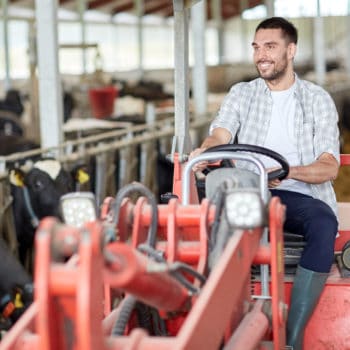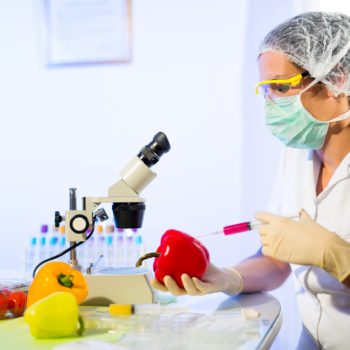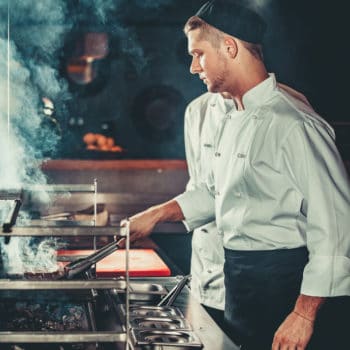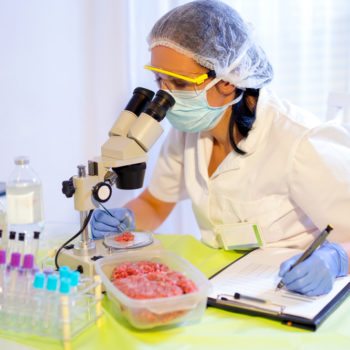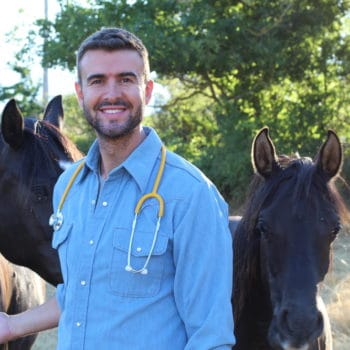Why We Love It
-
$72,030Potential Avg. Salary
-
3.9%Job Growth Rate
-
Growing DemandJob Outlook
-
Creativity FocusedCareer Attribute
An enologist is an expert in the science of wine, specifically the chemistry and biology behind making good wine. Their responsibilities differ between winery to winery based on factors such as winery size, type of wines produced, and the winery’s individual needs.
Recommended Schools
What is an Enologist?
Duties
The duties of an enologist involves the following:
- Monitor wine at the time of bottling such that proper hygiene is maintained and the wine temperature is accurate post the bottling.
- Keep track of sugar and acid levels during harvest season in order to understand the best time to pick the grapes.
- Collect and evaluable samples from barrels of wine and tanks, to run different analyses and conduct lab trials; lab equipment must be in top shape for this.
- Train new hires as well as employees in existing positions for running different analysis to determine the quality of wine produced.
Day In The Life
Every day can be different from week-to-week, month-to-month if you are working as an enologist. You will typically work closely with a small number of people and establish the schedule on a day-to-day basis during morning conversations, which can include completing routine tasks to inspecting the grapes before they are used. It is your responsibility to assess both grapes in the field (i.e. if the company grows its own produce) and also the grapes that are delivered to the winery. Your skillset is valuable for determining the right time when grapes are ready for harvesting and production; and which of the harvests are to be used for a variety of wines. Most importantly, an enologist is key to deciding when the production starts, based on specific criteria.
In addition, enologists may be involved with providing guidance on transporting grapes to production such that there is no damage, and they retain their flavour and quality. Gauging the proper grape crushing techniques for the purpose of producing wine of the highest quality is another significant task set before those in this position. Overall, you maintain quality of every wine produced at the winery concerned, and sometimes this means coordinating with the laboratory technician for upholding major testing procedures.
Work Schedule
An enologist is usually working at a winery. This means you might have a standard office, but will be moving between places such as the production area, the laboratory, or be in the vineyards. A key aspect of this type of role is constant movement between place to place in the winery, and having eyes on each part of the winemaking process. Sometimes you may be expected to travel in case you are providing trainings or workshops on wine production to others in the field, or managing multiple wineries. Enologists generally work normal work hours, but there can be times of stress and overtime during peak harvest or production season.
Growth Of The Job
The job demand for enologists over the next five years will be increasing, mainly since a big portion of the current workforce are close to the retirement age. This will result in a considerable number of openings for fresh enology graduates. As the number of wineries continue to see good business in the country, enologists will enjoy stable and reliable jobs. Another way for enologists to advance in the field is by starting their own wineries. This will lead to improved prospects for earning, especially if one has advanced expertise and experience with producing specific wines of high quality.
Typical Employers
Enologists work in vineyards or at wine facilities ranging from small to large companies. Most enologists that are working in the United States find good employment in the wine- growing areas of California.
Recommended Schools
How To Become an Enologist
To become a successful enologist, you must at least possess an undergraduate degree, preferably a Bachelor of Science degree, specializing in enology. To be a qualifying candidate for an enology degree, you need to have some exposure to relevant coursework at the high school level, which can include but is not limited to biology, chemistry, mathematics and physics. This greatly improves the chances of admission to the college or university. However, you may still be able to enter the enology field with a degree in relevant areas, since many of the degree programs offering enology have reduced since previous years. Explore degree programs in areas like crop and soil science, chemistry, and biology. In terms of sheer skill, you must cultivate a true passion for all things related to winemaking.
Enologist Salary Data
We’ve provided you the following to learn more about this career. The salary and growth data on this page comes from recently published Bureau of Labor Statistics data while the recommendations and editorial content are based on our research.
National Anual Salary
Low Range
$49,140Average
$72,030High Range
$118,390National Hourly Wage
Low Range
$24/hrAverage
$35/hrHigh Range
$57/hrHow do Enologist salaries stack up to other jobs across the country? Based on the latest jobs data nationwide, Enologist's can make an average annual salary of $72,030, or $35 per hour. On the lower end, they can make $49,140 or $24 per hour, perhaps when just starting out or based on the state you live in.
Salary Rankings And Facts
#184 Nationally for All Careers
Above Average Salary Nationally
Highest Education Among Enologists
- 14.2% Doctorate
- 21% Masters
- 45.8% Bachelors
- 8% Associates
- 10.9% College
- 0.2% High School
- 0% Less than High School
Job Growth Projections and Forecast
2014 Total Jobs
15,4002024 Est. Jobs
16,000Job Growth Rate
3.9%Est. New Jobs
600How does Enologist job growth stack up to other jobs across the country? By 2024, there will be a change of 600 jobs for a total of 16,000 people employed in the career nationwide. This is a 3.9% change in growth over the next ten years, giving the career a growth rate nationwide of Above Average.
Growth Rankings And Facts
#484 Nationally for All Careers
Above Avg. Growth Nationally
What Companies Employ The Most Enologists
| Industry | Current Jobs | New Jobs Needed | % Increase |
|---|---|---|---|
| Research and development in the physical, engineering, and life sciences | 2,100 | 100 | 0% |
| Other food manufacturing | 1,900 | 100 | 0% |
| Management of companies and enterprises | 1,600 | 100 | 0% |




